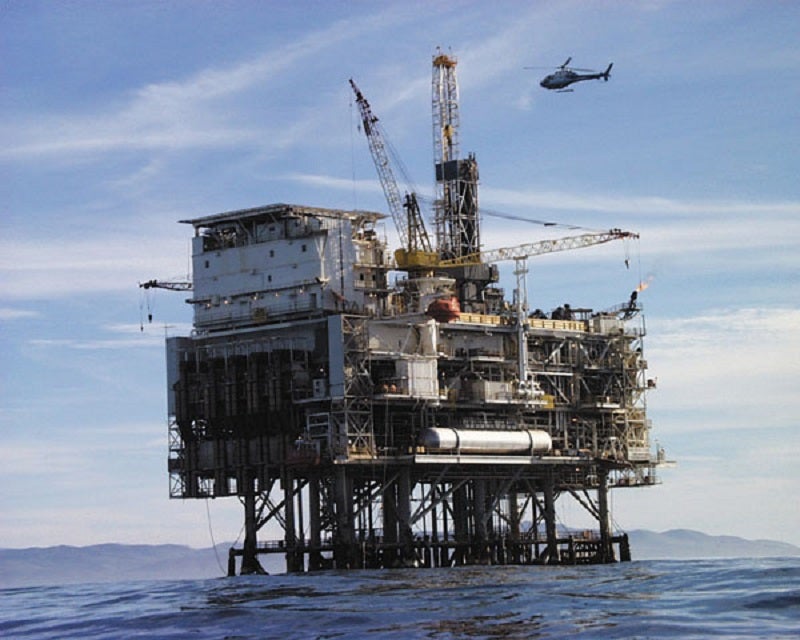
Digital technologies hold the potential to reduce methane emissions for the oil and gas industry, according to a new report by the Environmental Defence Fund (EDF) and Accenture.
The paper, Fuelling a Digital Methane Future, examines innovations such as the Industrial Internet of Things (IIoT), predictive maintenance and automated asset management. It explores ways in which these innovations could prevent the annual loss of $34bn in vented, flared and leaked methane.
EDF methane mitigation expert Isabel Mogstad said: “The oil and gas industry has embarked on an exciting digital transformation that will make operations more efficient and reduce waste across the board.
“Leaving methane mitigation out of this evolution would be a major oversight and a tremendous missed opportunity to improve operations and address stakeholder concerns.”
EDF’s analysis defines four stages of ‘digital methane maturity’. The stages range from having no methane mitigation strategies to using technologies such as advanced sensors, machine learning and big data analytics to predict and prevent methane leaks.
For each stage, the paper offers opportunities for digital projects, identifying ways companies could incorporate methane management into existing digital architecture.
These include end-to-end network management to optimise gas systems, predictive asset management to shift from time- to condition-based management and integrating digital platforms between customers and vendors for transparency.
These technologies have significant potential in the offshore energy industry, according to Mogstad, who said: “The complex infrastructure of offshore platforms makes them absolutely ripe for digital methane management. Reducing methane emissions while keeping people out of harm’s way and reducing manual interventions is a win-win.
“Momentum to reduce methane emissions is building through industry commitments, a growing market of cost-effective solutions and sensible regulations.”
She added: “But it’s not enough to solve one of the oil and gas sector’s biggest challenges. For companies to stay competitive in a decarbonising world, they need to integrate methane solutions now, while they are deploying or scaling their broader digital initiatives – not after their digital agendas are set.”



